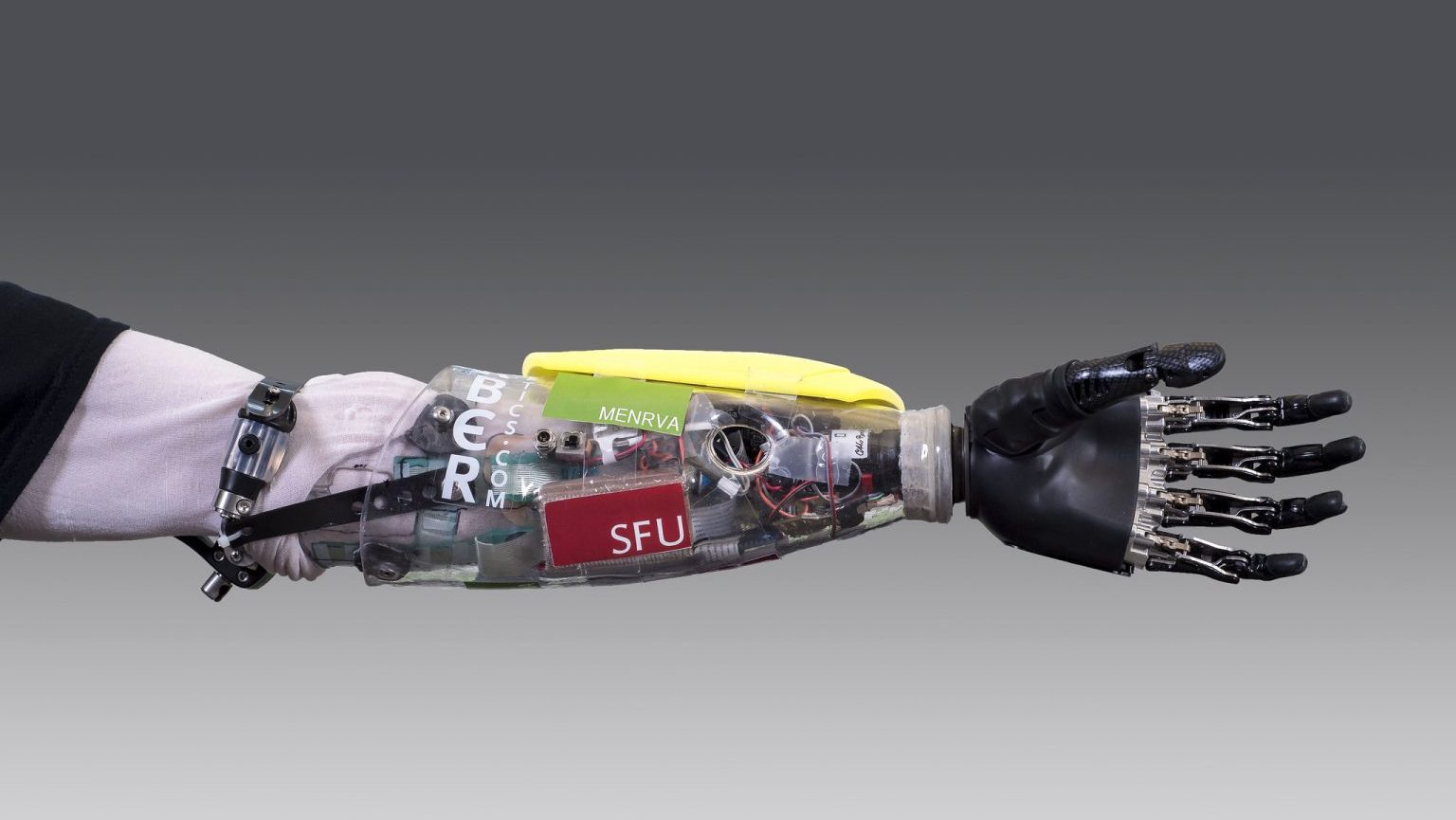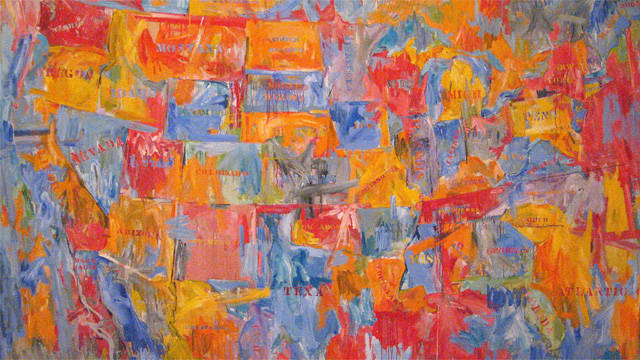Random House Bets on the Future of the Book

In a recent interview with Der Spiegel, Random House CEO Markus Dohle explained his company’s outlook on the future, why he’s in no rush to bargain with Apple, and what publishers must do to avoid the fate of the music industry. Throughout, Dohle expresses confidence that Random House, along with its best-selling authors, will continue to set the industry standard—as long as their predictions for the future come true, that is.
Dohle, it seems, was chosen not for his literary prowess, but for his business skills. He rose to prominence in Random’s parent company in Germany as a professional in printing and logistics. After beating back initial skepticism amongst the New York literati, he now oversees the company amidst the industry’s transition to electronic publishing.
As I said last week, Random is fighting to retain the electronic rights to works that were copyrighted before the advent of e-readers. Dohle says the retention of these rights is necessary, financially and conceptually, to the continued existence of the industry. He realizes that if the wrong moves are made, we may indeed bear witness to the end of publishing houses.
His confidence that this won’t happen any time soon is based on Random’s strong reputation, i.e. the selling power of its authors, and that the new revenue stream that e-books open will never completely replace paper book sales. Even as the electronic book market matures, which Dohle thinks will take only five to seven years, there will remain a market for paper books, and Random will take the lead in a dual track marketing approach.
According to the interview, Random’s books are not available at Apple’s iBookstore—no Dan Brown, for example—and that makes Dohle feel he can negotiate with Apple as an equal, rather than sacrifice profits for the sake of being available in Apple’s exclusive store. But he admits that keeping authors while electronic outlets pay much higher royalties will be tricky. For now, he asks that writers trust in Random’s track record when imagining the future.
Finally, Dohle says his industry will benefit from going electronic after the music industry because certain lessons have been learned. The primary one, he says, is to prevent pirating from entering the book industry in the first place.





